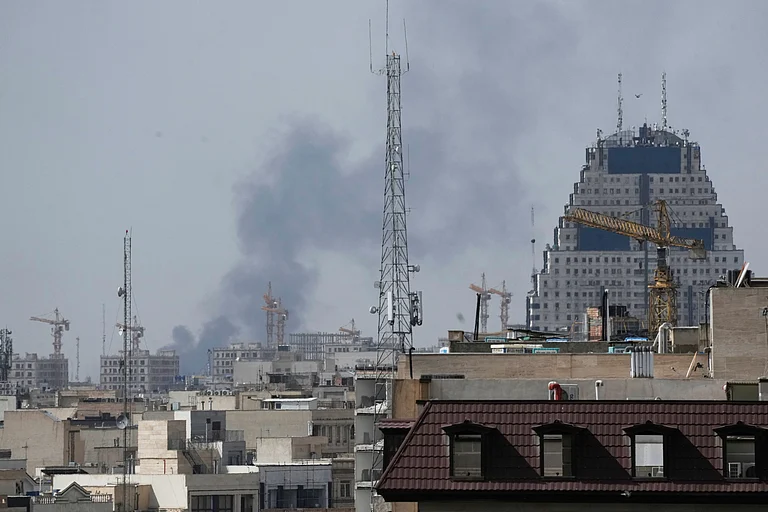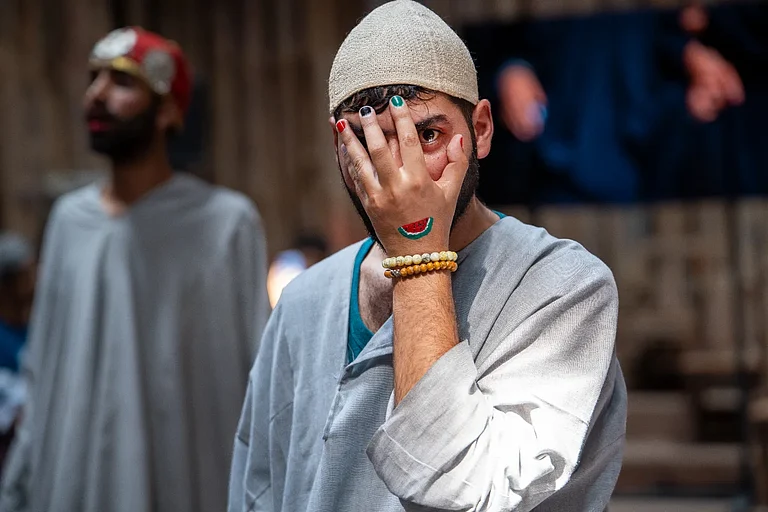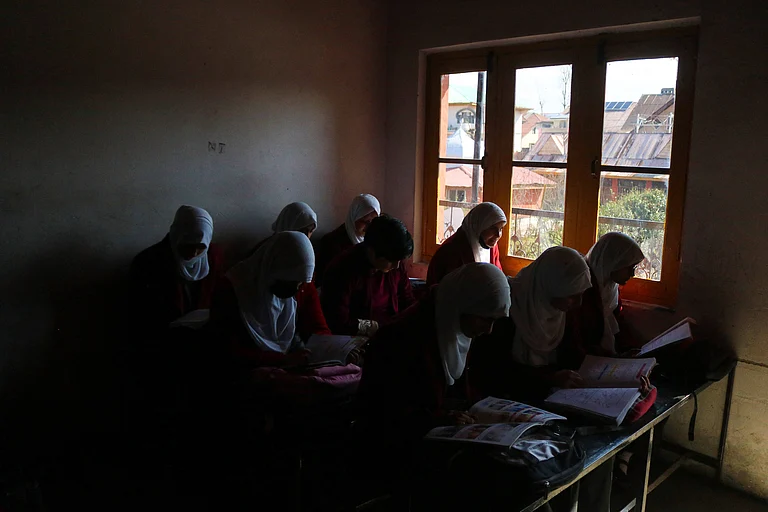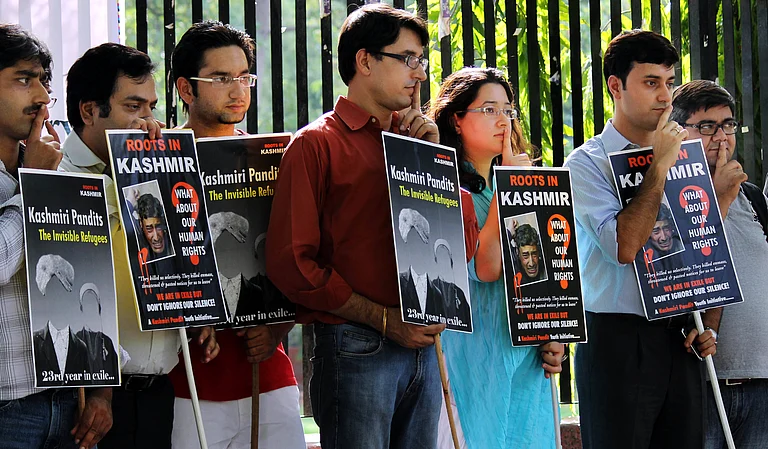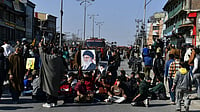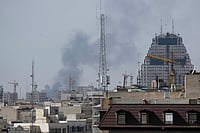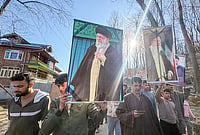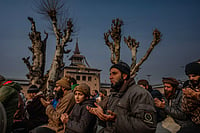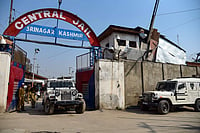
Summary of this article
1. Writers in Jammu and Kashmir have reacted sharply over the ban on 25 imposed by authorities for promoting separatist activities
2. Police carried out raids across Kashmir to prevent sale of books banned through an order of Jammu and Kashmir's home department
3. Publishers in Kashmir have begun to remove banned stock, while some said the titles were not available
While researching for his book, Kashmir Conflict and Muslims of Jammu, Zafar Choudhry, referred to several historical accounts about Jammu and Kashmir. Amongst those, there was one book which he found particularly helpful, A G Noorani’s ‘The Kashmir Dispute 1947-2012’.
The same book has now been banned by the Jammu and Kashmir government. It is amongst the 25 titles which have been ordered to be forfeited, on the grounds of promoting separatism in Kashmir.
Choudhry said that if the authorities found it necessary to take this step, then Jammu and Kashmir will be left with scarcely any books at all that can educate people on history and politics of the region.
“There are thousands of books that need to be banned then. It looks like the authorities have not engaged experts who may have read these books before arriving at a decision to ban them,” said Choudhry.
In Kashmir, the order banning the sale and publication of the books has drawn strong reactions from writers and political figures. The list, which names 25 titles, includes works by prominent authors—among them Booker Prize-winning novelist Arundhati Roy, whose book Azadi has also made it to the list.
Among other books which have been banned are: Kashmir at the Crossroads by Sumantra Bose, and A Dismantled State (The Untold Story of Kashmir after Article 370) by senior journalist Anuradha Bhasin.
A top government official stated that the books can neither be published nor sold, and if the publisher prints them again, then it would lead to imprisonment. The authorities have used section 98 of the Bhartiya Nyaya Sanhita 2023 for the forfeiture order.
The notification reads, “the books that have been banned comprise the literature that would deeply impact the psyche of youth by promoting a culture of grievance, victimhood, and terrorist heroism. This literature has contributed to the radicalisation of youth in J&K include distortion of historical facts, glorification of terrorists, vilification of security forces, religious radicalisation, promotion of alienation, pathway to violence and terrorism, etc."
How have the authors reacted?
Bhasin said that the ban on the books belies the government claims that the situation has improved here, equating the government’s actions similar to what happened under Nazism.
“If the government is saying that it has been able to control militancy, and peace has returned to Kashmir then how can youth get radicalised by reading books. The practice was more common with Nazis.”
Author and politician Firdous Tak too reiterated that the government’s decisions to ban literature “as a method of addressing dissent or preserving national unity” have proven counterproductive historically.
Tak stated that Kashmir’s complex and contested history is no secret. Its status as a “conflict zone” is well-established and multiple perspectives on the issue enrich the collective understanding rather than threaten it. Many of the banned works offer constitutional analysis, historical context, or deeply researched critiques—tools vital to democratic debate. Instead of facilitating informed discussion, the ban risks stifling it, he said.
Choudhry said that Noorani’s banned book was essentially a compilation of communications exchanged over Kashmir among various leaders, rather than an analytical study. “I am surprised by the banning of books of A G Noorani and David Devdas,” he said.
He noted that such censorship undermines the principles of a democratic and civilised society. “Banning of literature doesn’t go well with temperaments of a mature democracy and civilised society, that we believe India is,” he added. Highlighting the government order, he remarked that “a reading of the list doesn’t offer convincing reasons.”
According to him, the action seems less about restricting genuinely secessionist content and more about sending a message to future writers. “Rather than preventing any actual secessionist material from circulation, the authorities, by way of this order, appear to be warning the prospective writers to be careful about [what] they write on Kashmir,” he said.
He also pointed out that “there are some other books in the list written by foreign authors, published in foreign countries and not in circulation in the Indian markets.”
Local Publishers:
Books by two local publishers have also been banned: Gulshan Books, titled USA and Kashmir by Dr Shamshad Shan and Kashmir Politics and Plebiscite by Dr Abdul Jabbar.
However, Shiekh Aijaz, who runs the Srinagar based publishing house and a bookstore, said “there were no books in the stocks as of now. In 2014, a flood was witnessed in Kashmir and we lost most of the stocks including the ones which have been banned by the authorities.”
A Srinagar publisher, who wished to remain anonymous for fear of reprisal from the authorities, said that the book sales had dropped anyway with the rise of e-commerce. However, the organization is exercising caution nonetheless.
“We are making sure that the banned books are removed from our shelves and we would send the unsold stock back to the publishers,” said the publisher, who also runs a book store in Srinagar.
Police Raids, Political Reaction:
As the police conducted searches at bookshops in parts of Kashmir to prevent the sale of banned literature, some politicians criticised the steps taken by the government.
“Kulgam Police conducted coordinated and legally monitored searches at multiple bookshops across district to prevent circulation of banned literature associated with proscribed organisations and to ensure strict adherence to legal provisions,” a police statement mentioned.
Similar checks were carried out at several other book shops in the central Kashmir district of Ganderbal to prevent the sale.
The Jammu and Kashmir police also released images of police personnel checking the inventory of the books at the stores and checking the registers and even the laptops to ensure that the ban was enforced.
In a statement, Kashmir’s chief cleric, Mirwaiz Umar, criticised the recent bans, saying such measures are futile in altering historical truth. “Banning books by scholars and reputed historians will not erase historical facts and the repertoire of lived memories of people of Kashmir. It only exposes the insecurities and limited understanding of those behind such authoritarian actions, and the contradiction in proudly hosting the ongoing book festival to showcase its literary commitment,” he said.




